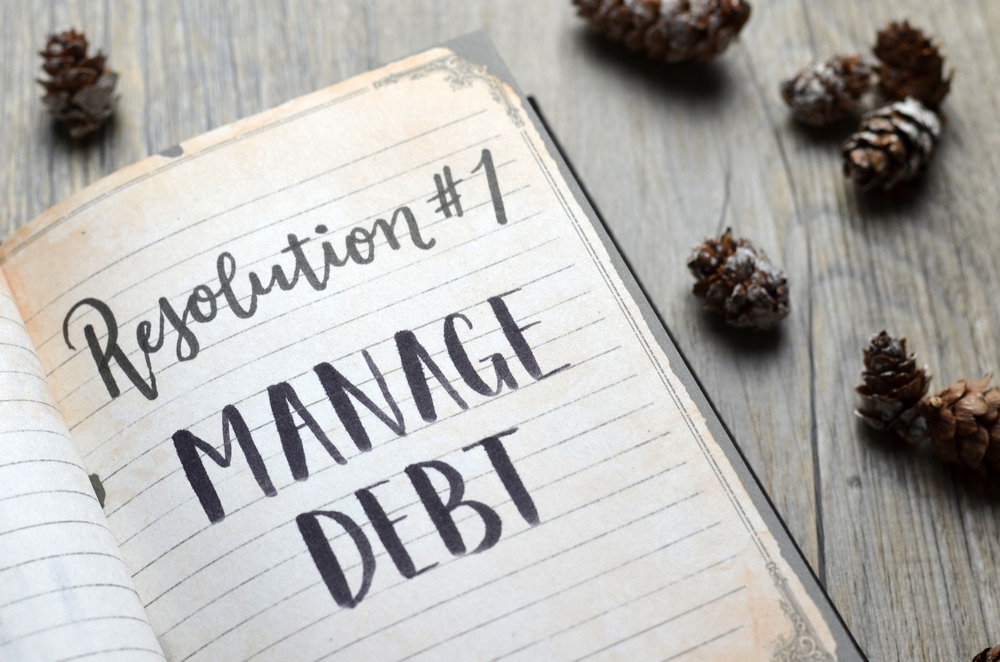New year’s resolutions are part and parcel with the holiday season. As the calendar year draws to a close, we start thinking about ways we can improve ourselves in the coming year. We resolve to do such and such with every intent of staying true to those resolutions long past January. Whether or not we succeed is another matter.
This year, perhaps financial resolutions are in order. You have come to realize that your financial house is a mess and in need of a little bit of order. If so, this post is for you.
Basic Financial Discipline
The starting point for most posts of this nature is to talk about budgeting. This one will not go there. You already know the importance of budgeting as the foundation of sound financial decision making. If you are not using a budget yet, make 2020 the year you start. If you have a budget already, make sure you stick with it.
Budgeting is one of the basics of financial discipline. But there are others. For example, do not use credit cards to purchase things you want. Use them only for things you need and pay the monthly bill in full. Another basic principle is to find ways to save wherever you can. Go out to eat less, choose a cheaper cell phone plan. Commit to saving money from every paycheck.
Get Your Documentation Together
Moving on from the basics, you can help your cause in 2020 by getting all your financial documentation together. You can do this on paper or on your computer. The medium is less important than just doing it. Your goal here is to put together a portfolio of financial information.
Gather information about all your bank accounts, all your debts, any investments you might have, etc. You then take the information from these documents and use them to fine-tune your budget. Every time a new document comes in, add it to the portfolio and make any necessary adjustments. This is an exercise in forcing yourself to stay on top of your finances.
Balance Your Accounts
Google the phrase ‘why balance your checkbook’ and you will find tons of articles claiming that balancing is no longer necessary because accounts are mostly kept online. As the thinking goes, your bank keeps track of everything electronically so that you do not have to. That is foolish and dangerous thinking.
If you are not balancing your accounts – and millions of people aren’t – you have no way of knowing if the bank’s numbers are accurate. Your bank could be stealing from you and you would never know. You could fall victim to a skimming scenario that only takes a few dollars here and there and you would be none the wiser.
Yes, it takes time to balance your accounts. You should do it nonetheless. Every bank, credit card, and investment account you have should be balanced every month.
No New Debts
As long as you are committing to getting your finances in shape for 2020, why not commit to taking on no new debt for the entire calendar year? It is quite an undertaking, but it can be done. Then, even if an unforeseen emergency forces you to take on new debt, at least committing to minimizing new debt will help keep things from getting out of hand.
Getting your finances in shape is really a state of mind. You make the decision, develop some strategies, and do it. And if you need help, there are plenty of online resources as well as licensed professionals you can turn to.

Leave a Reply